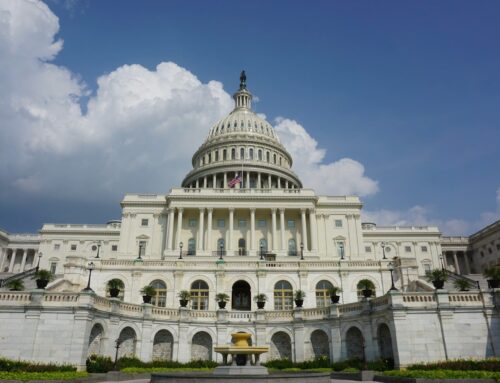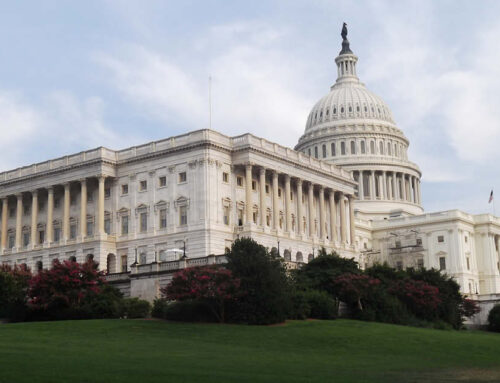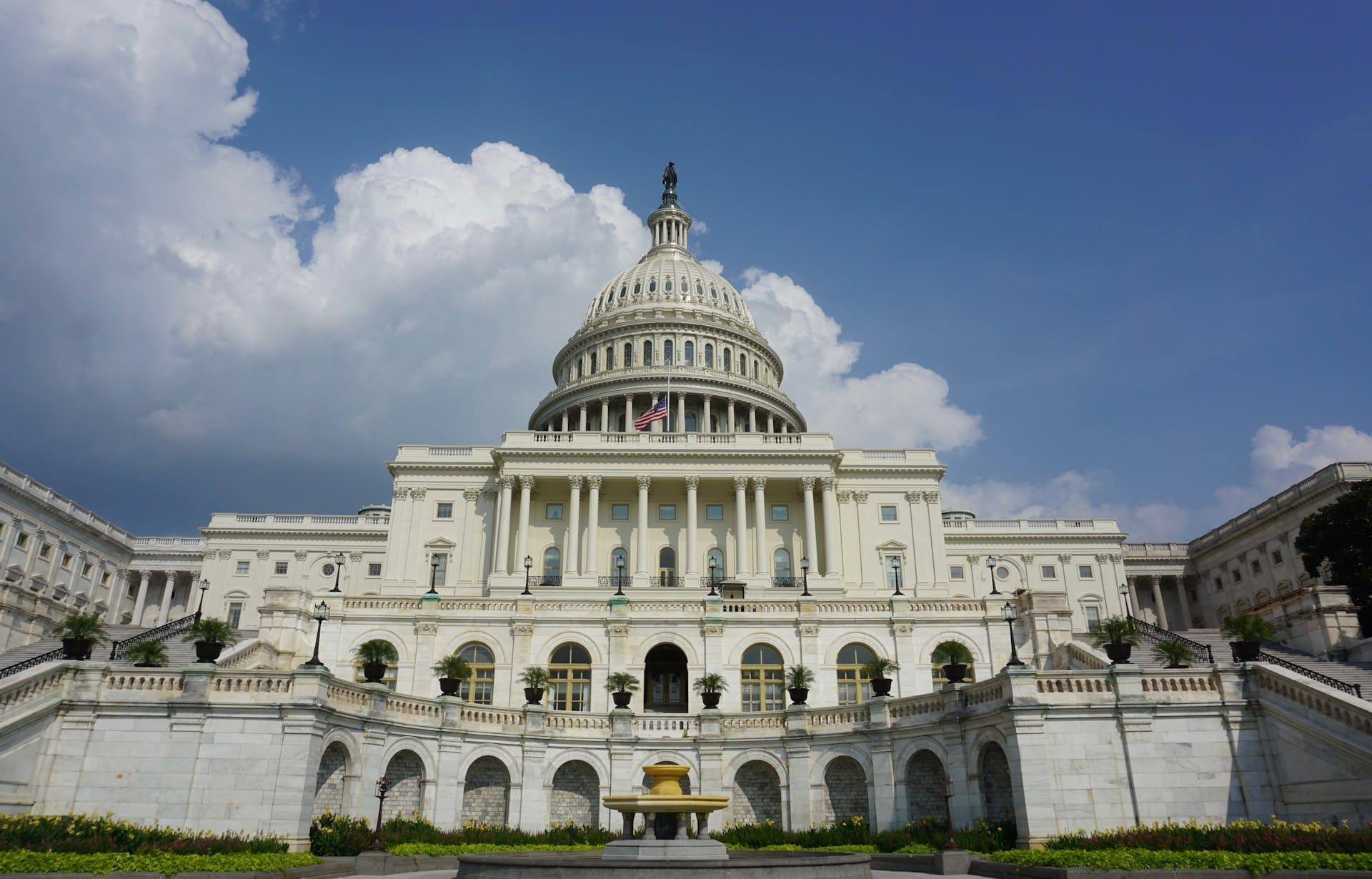During this week’s debate President Obama and Governor Romney argued over a lot of things. One of them was deficit reduction plans. We’re glad that was one issue they tussled over, and we hope we hear more about solutions to our fiscal problems from President Obama, Governor Romney, and every candidate for Congress and the Senate.
There are lots of plans out there, from the wide ranging Simpson-Bowles plan, named after the co-chairs of the National Commission of Fiscal Responsibility and Reform, to the Domenici-Rivlin plan, the Gang of Six plan, and many others. But what all these plans have in common is that their grand vision requires future action to work out the details. But our growing debt and the imminent threat of sequestration require immediate action on specific details. So we took our hand at it.
In Sliding Past Sequestration: Two Trillion in Common Sense Cuts to Avoid the Fiscal Cliff, we do just that. We detail $2 trillion in spending cuts and revenue raisers that cover the range of government. We believe the programs listed – whether funded through appropriations or the tax code – can be safely eliminated from the budget because they are inefficient, ineffective, or wasteful uses of taxpayer dollars.
So you have the elimination of a wide range of energy subsidies, some of which have been on the books for nearly 100 years, others in the last decade, but whether they were for oil and gas, coal, nuclear, alternative/renewables, or biomass, we got rid of them. We eliminated agriculture subsidies for landowners of previously farmed farmland, reined in crop insurance, and eliminated programs that use taxpayer funding to market our goods overseas. We also looked at defense, making cuts to redundant or wasteful weapons systems, trimming service contractors down to 2007 levels and, for the first time since the late 1980s, making a slight increase in Tricare insurance premiums for working age retirees and – boom – we’re at about $1 trillion. Now we’re cooking with gas.
Turn to transportation subsidies. Make the Highway Trust Fund spend within its gas tax means, no extra cash from the treasury. Same goes for Airport and Airway Trust Fund. Eliminate cross subsidies that use airline ticket taxes to fund general aviation airports that don’t serve any ticket tax-paying passengers. Lump in some reforms to public land subsidies, like actually charging mining companies for the gold, silver, and copper they remove from public lands for the first time in 140 years and there’s another $200 billion in deficit reduction.
Finally, peruse the mess that is our nation’s tax code. It needs a fundamental rewrite – a point Simpson-Bowles and many other deficit reducation plans make. We need to eliminate various breaks (tax expenditures) and reduce the number of brackets and tax rates. We put specifics to the tax expenditures that could be eliminated. So NASCAR track owners don’t get their accelerated depreciation, and companies can’t dump past-date food into food banks. The whole gimmick of Last-In, First-Out accounting that violates international accounting standards is scrapped. No more manufacturing tax deduction and we reform the mortgage interest deduction to make it more targeted and equitable by only allowing it to apply to primary residences, reducing the eligible mortgage size to $500,000 (from $1.1 million) and converting it into a tax credit that would benefit much more homeowners than before. That’s nearly a trillion dollars more.
We hope that in the next debate President Obama and Governor Romney need to add specifics to their plans – both what they do and when they’ll try to do it. We all know the problems, trillion dollar deficits and a $16 trillion debt. We need to hear solutions. Not haranguing and doublespeak.
TCS Quote of the Week:
“Both sides seem to have a political strategy, but their governing strategy is in doubt”
– Former Senator Sam Nunn (D-GA), commenting on Congressional strategy to address the upcoming automatic budget cuts at a recent conference. (The Fiscal Times)









Get Social